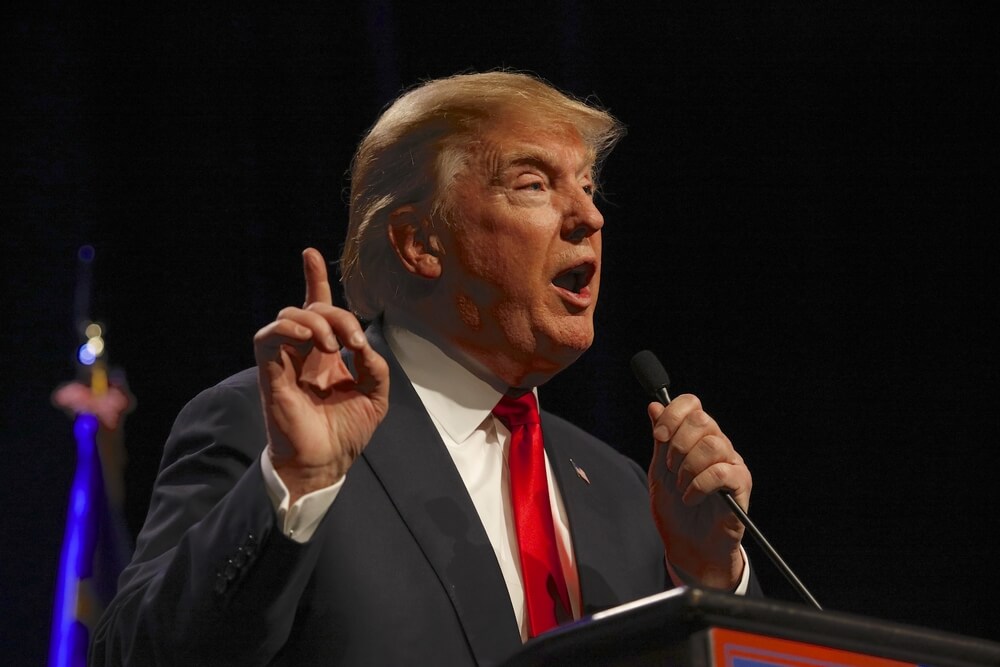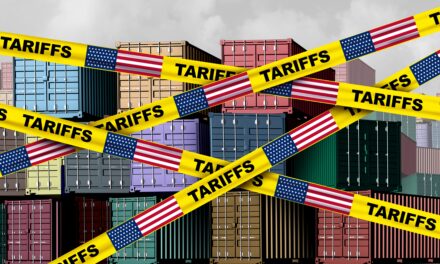President Donald Trump’s aides reassured concerned parties that the president would not use an executive order to force companies to relocate out of China after the president threatened to do just that Friday, according to a Wall Street Journal report.
Trump’s comment via Twitter came after China announced new rounds of tariffs on $75 billion in U.S. imports that are set to kick in on Sept. 1 and Dec. 15. In the tweet, Trump said American companies are “hereby ordered to immediately start looking for an alternative to China.”
Larry Kudlow, Trump’s top economic adviser, provided some clarification to Trump’s announcement on CNN’S “State of the Union” program Sunday.
“What he is suggesting to American businesses,” Mr. Kudlow said, is that “you ought to think about moving your operations and your supply chains away from China and secondly, we’d like you to come back home.”
Kudlow argues the U.S. corporate tax rate and the Trump administration’s “massive deregulation program” are good draws for companies considering relocation, according the WSJ.
In an interview with “Fox News Sunday,” Treasury Secretary Steven Mnuchin reassured that Trump doesn’t have plans to invoke an executive order to force companies out of China.
“I think what he was saying is he’s ordering companies to start looking,” Mnuchin said. “He wants to make sure to the extent that we are in an extended trade war, that companies don’t have these issues and move out of China.”
Kudlow and Mnuchin did mention an obscure law that Trump could use to carry out the order called the International Emergency Economic Powers Act of 1977 (IEEPA).
The Congressional Research Service says the IEEPA can be used against “any unusual and extraordinary threat” outside the U.S. “to the national security, foreign policy or economy of the United States, if the president declares a national emergency with respect to such threat.”
But the president hasn’t declared any national emergency against China, and he must consult with Congress “in every possible instance” before going through with any action involving the IEEPA, according to the CRS. Trump would also have to explicitly define the threat and explain in detail why the action is necessary while submitting follow-up reports every six months.




